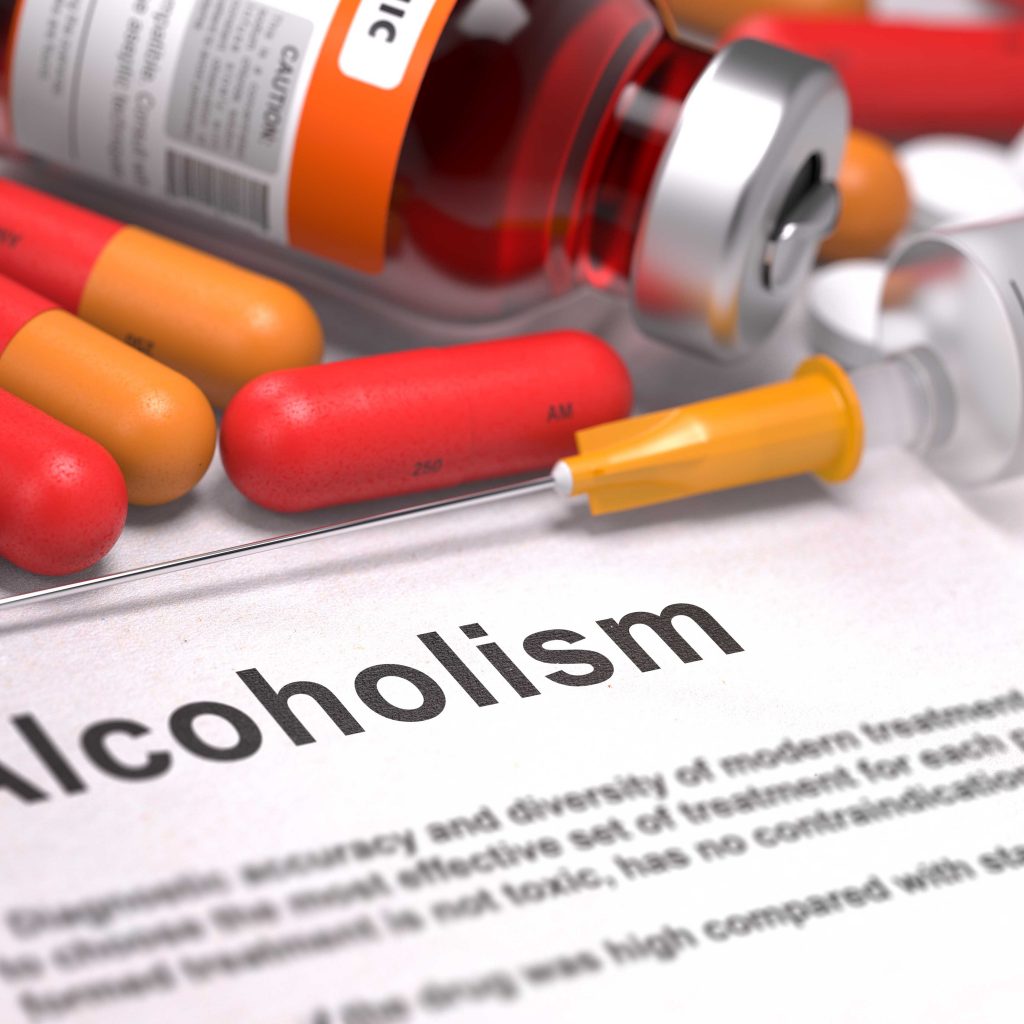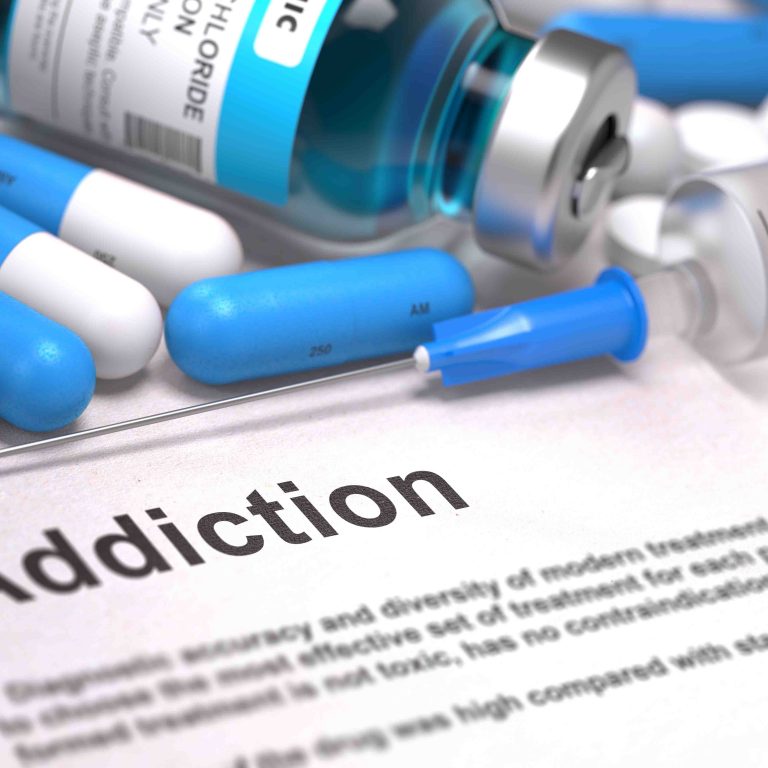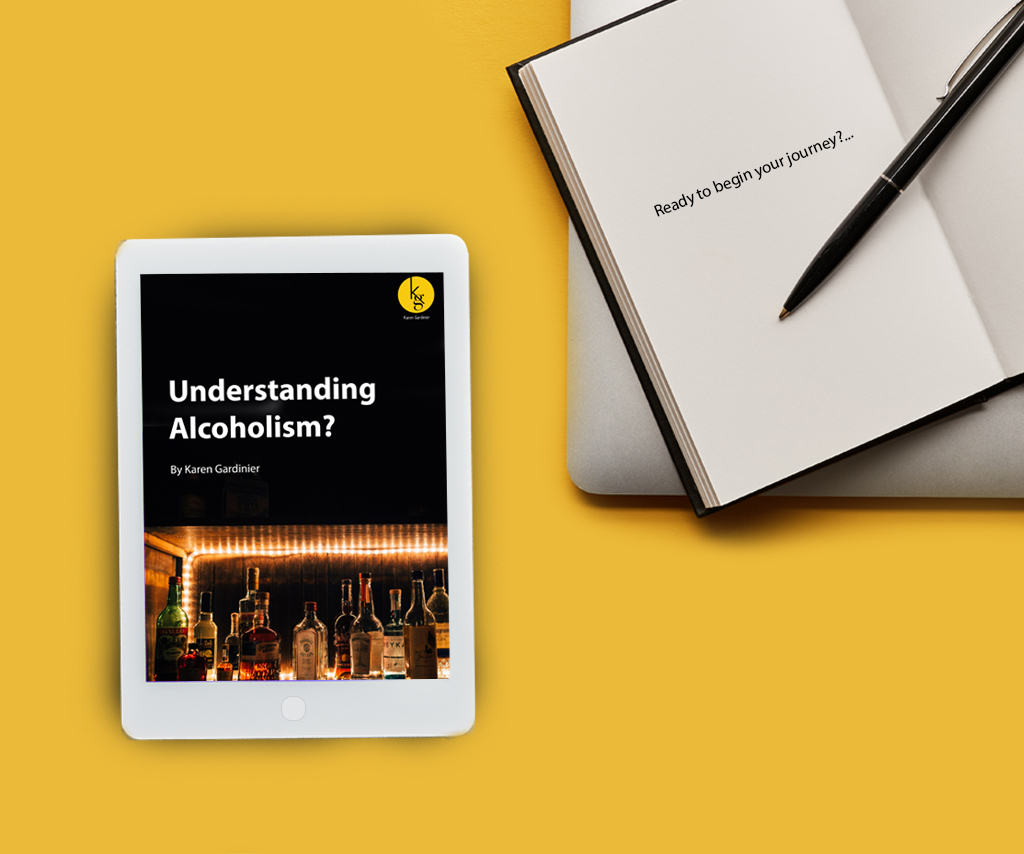Alcoholism, Drug Addiction
Choose your FREE guide below and start your journey with ease.
Free eBook
Free eBook
Free eBook
Frequently Asked Questions for the Alcoholic Addict
The term Alcoholism is traditionally used to describe a person who drinks to much. Images of a bum living under a bridge and drinking out of a brown paper bag comes to mind. Today we know that Alcoholism is a disease, a mental illness that does not discriminate. A person suffering from addiction; suffers from an abnormal state of mind and body.
One day at a time! This is a program designed for a 24 hour period of time. If you can stay in the moment and use the simple program for living one day at a time forever will take care of itself.
Well this is a question you can only answer. However in my experience people who are NOT having issues with their drinking or drug use do not seek out social media sites and groups about recovery, nor do they even ask “how do I know if I am a real alcoholic”. Think about it, people who are not feeling negative results from their drinking don’t think twice about it. Does it really matter if you are a heavy drinker, a binge drinker or an alcoholic described in the Big Book of Alcoholics Anonymous? If your life, and the lives of your family and friends, are being negatively affected by alcohol and drugs you might want to find a solution to your problem.
Alcoholism is a mental illness, it is cunning, baffling & powerful. It is a disease that makes you think you don’t have it. The mind of a chronic alcoholic is constantly rationalizing, justifying and blaming. Since the Alcoholics own thinking is the problem, it can not be trusted. Meetings are a way to play interference on your own thinking. It is a way to keep you grounded and help you see the reality of your condition, not the way you think it is or the way you would like it to be.
Most Alcoholics need to have a shift of perception or a psychic change to maintain long-term sobriety. This type of change in attitude and outlook must be a result of the Alcoholics own work & experience. It is nearly impossible to tell an Alcoholic what to do, they must decide for themselves. The 12 steps, if done properly, will provide the shift in perception the Alcoholic needs to stay sober. The steps are designed for the Alcoholic to discover for himself what the true problem and solution are and how to stay sober one day at a time.
I understand this question far to well. My experience is that it is harder to get sober again after long term sobriety and the EGO is to blame. There is an old saying that I have found to be true in Alcoholics Anonymous, that is “The Ego is the last to go and the first to come back”. The EGO will tell you that you already know the Steps & Principles of AA, that you know what the book says, that you already believe in God. Your alcoholic thinking will convince you that you are different and you don’t have to start over, you don’t have to do the steps again. In my experience this is not true. The truth is that if you really were working a strong program and you were enlarging your spiritual life on a daily basis you wouldn’t have relapsed. So you obviously missed something. Let’s try it again, with an attitude of open-mindedness, willingness & honestly. Humility!
How to tell the difference between alcohol addiction, alcoholism, and alcohol abuse disorder
The term codependent is traditionally used to describe the family members and other loved ones of a person suffering from addiction; however, studies show that codependency is often considered an addiction in itself.

The different terms used to describe alcohol problems
Members of the public tend to use words like ‘alcohol abuse‘ and ‘alcoholism‘ interchangeable, but it is important to understand that there are significant differences in what these actually mean. Here are just some of the most common words to describe different types of alcohol problem:
Alcohol abuse means you are using this substance in a dangerous manner, and it is causing problems in your life. Even though you are abusing this substance, you have not yet become physically or psychologically addicted.
- Binge drinking refers to a dangerous pattern of drinking where the individual regularly drinks more than the recommended alcohol intake in one session. They might then stop or wait to drink again for a period of time but when they drink again the y overdrink again.
- Substance abuse is a generic term for alcohol or drug abuse.
- Alcohol addiction usually refers to a physical dependence on alcohol, although it often includes psychological addiction.
- Alcoholism refers to a situation where the individual is physically and mentally addicted to alcohol. It has been classified as a disease and is found on the spectrum of mental illness.

What type of alcohol problem are you dealing with?
The reason it is so important to determine the type of alcohol problem you are dealing with is that this signals the type of treatment you need. If you have not yet become physically addicted to alcohol, it may be possible for you to change your behavior and drink safely again in the future. Once you have crossed the line into addiction though, it is very unlikely that you will ever be able to drink safely again.
If you are not yet addicted, it will be important for you to change your behavior as soon as possible. By continuing on your current path, there is a high risk of you progressing to alcoholism. Some people just go through a stage of binge drinking (for example, while going to university), but they later snap out of it (for example, by entering employment). If you are getting in trouble due to your behavior, and you are suffering consequences from your drinking and using, it is likely that you will need to seek help.
Addiction is not restricted to one substance
One of the main differences between alcoholism and drug addiction is that alcohol is legal and many controlled drugs are not. We also live in a culture where drinking alcohol is sociably acceptable, whereas taking drugs is not. This makes identifying alcohol dependence more difficult as it could be hiding in plain site. Society also tells us that drinking alcohol is less serious than taking controlled drugs, so it is only natural to assume that alcohol addiction is less serious than that of drugs.
Social acceptance is also a factor behind the rise in prescription drug addiction. There is a lot less exposure around this type of addiction and many people are unaware of the risks simply because it is prescribed by a trusted doctor. However, like many other drugs, the consequences of abuse can be serious.
Social acceptance is also a factor behind the rise in prescription drug addiction. There is a lot less exposure around this type of addiction and many people are unaware of the risks simply because it is prescribed by a trusted doctor. However, like many other drugs, the consequences of abuse can be serious.

ALCOHOLISM
Alcoholism is an illness that affects the mind and body. The body has a physical addiction and the mind has a mental obsession. Being separated from the drug of choice is just part of the solution, after the physical dependence has been eliminated the alcoholic thinking needs ongoing treatment. The obsession that the Alcoholic may someday drink like a normal person is the reason why people relapse and go right back to drinking.
Alcohol is regularly sold to, purchased and consumed by millions of people on a daily basis. The way society has accepted and normalized alcohol consumption has made alcohol seem much more harmless than it is from a scientific standpoint.
Alcohol is a drug and is considered a depressant. It can slow down vital functions of the body resulting in slurred speech, unstable motor skills, and slowed reaction times. It can also have mind-altering effects and change the way people perceive reality and distorts judgment as well.
Signs of Alcohol Addiction:
- Hiding drinking habits, stashing or hiding liquor
- Needing large quantities of alcohol to feel effects
- Binge drinking
- Blacking out when drinking
- Inability to follow through or show up to events
- Experiencing withdrawal symptoms when not drinking
- Not having control over alcohol consumption limit
- Alienating family and friends
- Your drinking becomes a problem at work, home and socially



